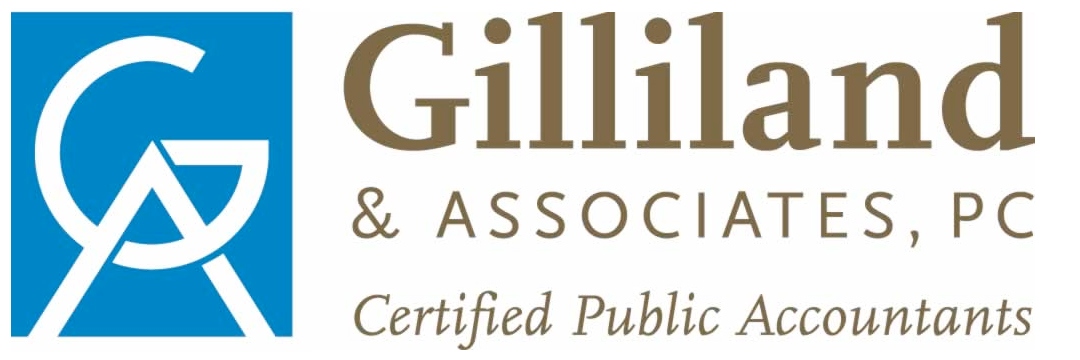When you buy a house, check the paperwork for tax benefits
If you buy a house this year, you’ll close the deal by signing a mind-numbing stack of papers. When that’s finished, don’t just file the documents away in a drawer. Hidden in there are some deductions you might be able to take this year, and others that could increase your profit when you sell.
To find the extra deductions, you’ll need to locate a document called the closing statement. That’s a list showing the costs to be paid by the buyer and seller at closing. Look for these items which you may be able to deduct in the year of purchase:
* Loan origination fees, sometimes known as points. You can generally deduct these up front, unless you’re refinancing a previous mortgage.
* Mortgage interest for the few days from closing until the first of the following month when regular mortgage payments begin. You’ll usually prepay this interest in your closing costs, and it’s deductible.
* Your share of property taxes. Usually the seller has prepaid the property taxes for at least six months, and you’ll repay him for your share at closing. You can deduct these as part of your itemized deduction for taxes paid during the year.
Other closing costs you pay will generally add to your cost basis in the home. These can be important when you sell, as they may reduce your liability for capital gains tax. Make sure you save a copy of the closing statement in your permanent records.
If you have questions, bring a copy of your closing statement to our office. We can identify what’s deductible and alert you to any other tax breaks.
